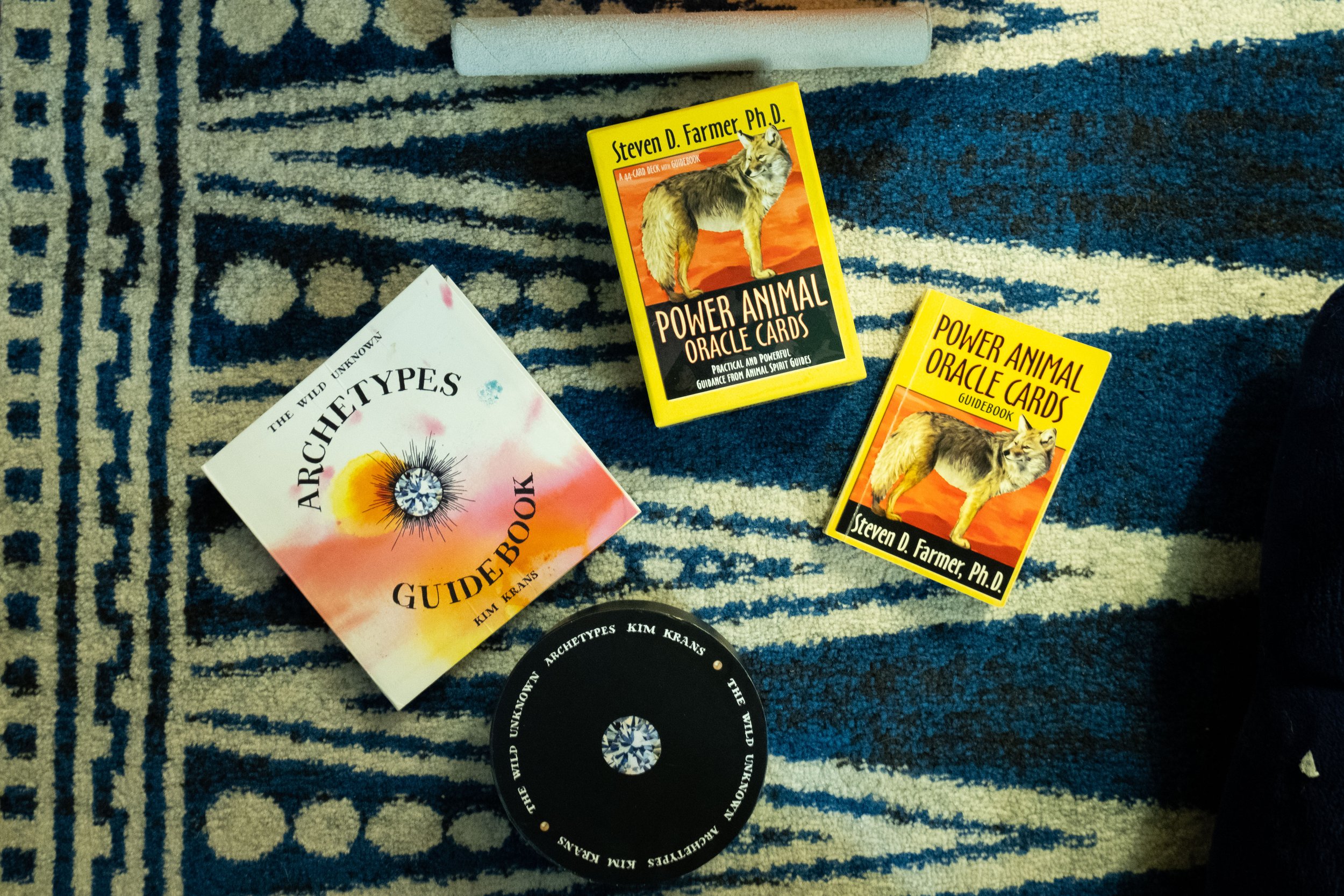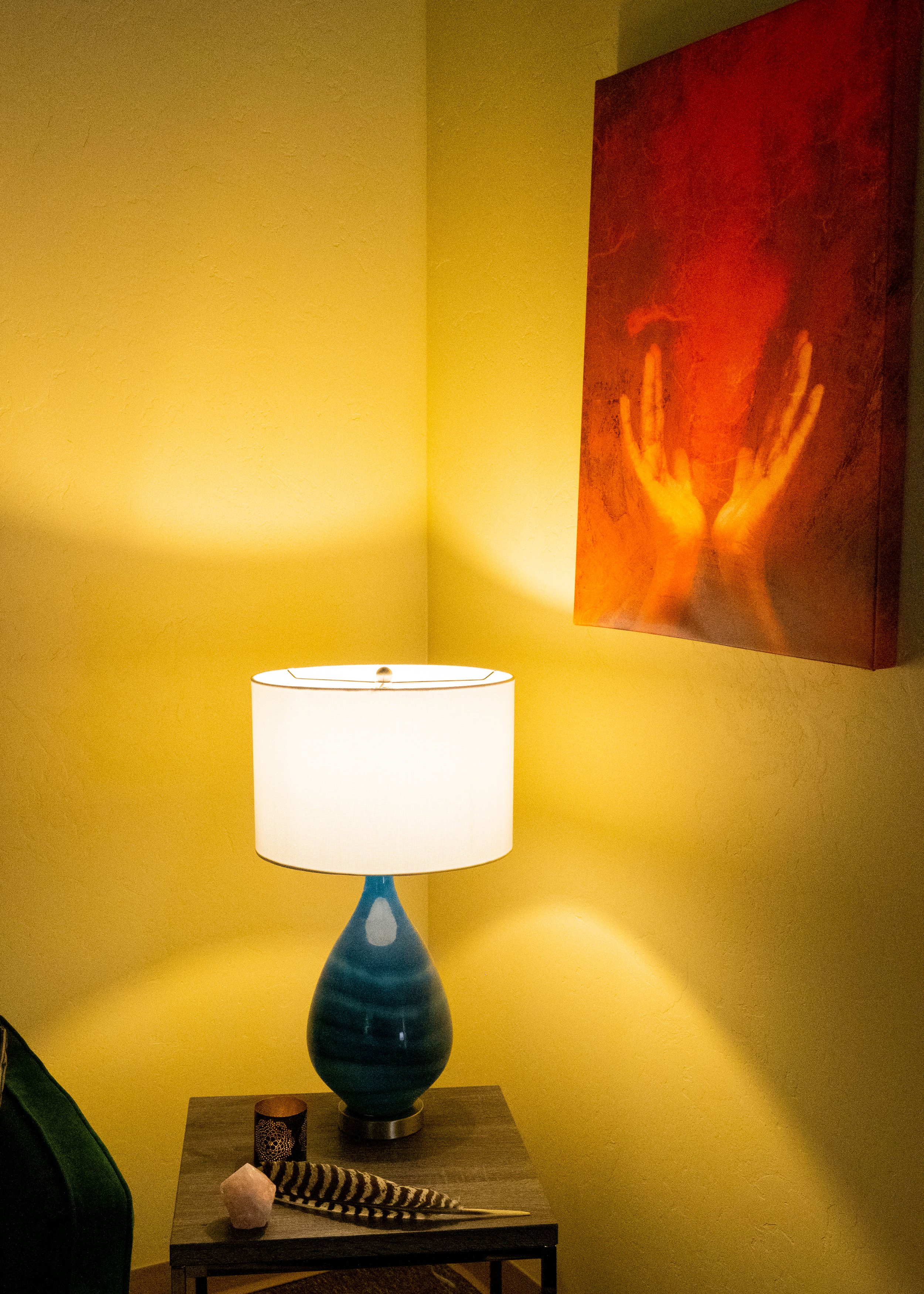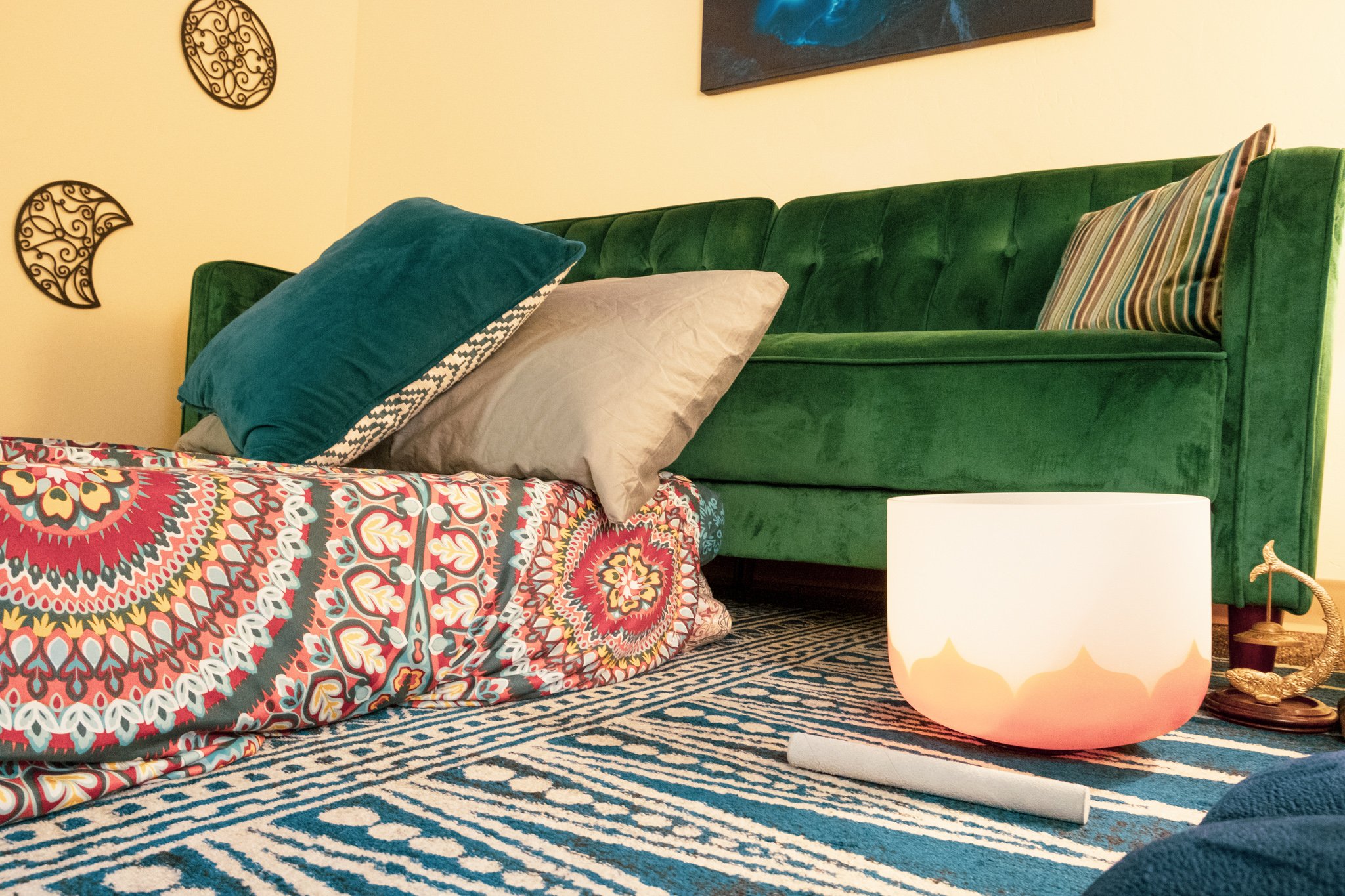Resilience BHS is located at:
4715 N First Ave, Tucson, AZ 85718
Have you tried everything to overcome
depression, anxiety, or trauma-related symptoms?
Are you feeling stuck? If so, we’re pleased to introduce Resilience Behavioral Health Solutions and to provide ketamine-assisted psychotherapy (KAP).
Our mission is to cultivate connection and well-being while providing unparalleled, compassionate care through empowerment, education, and integrative mental wellness services.
“My experience with Resilience BHS has been incredible from the start. Everyone has gone out of their way to make me feel valued, welcome, and safe. I am so glad I found Resilience and hope to recommend them to others seeking Ketamine-assisted Psychotherapy. I know I have more healing to do, but KAP has really opened doors to loving myself unconditionally and learning my true purpose in life. The outcomes sound magical (and they are), but the physiological benefits (less inflammation, less anxiety, a more stable mood, etc.) speak for themselves. I am so grateful to Resilience for their trauma-informed and personalized care.”
What is ketamine-assisted psychotherapy?
“KAP is not a magic bullet; the client’s ongoing personal work (e.g. lifestyle changes & ongoing integration therapy) are integral in the effectiveness of KAP and the duration of experienced improvements.”
If you are unfamiliar with ketamine here is a brief history of how and why it is being used for Ketamine-Assisted Psychotherapy. Ketamine was invented in the 1960s and has traditionally been used in higher doses as an anesthetic (for surgery) with children and adults. It has also been used during war times on the battlefield as an effective analgesic (pain medication). In recent years, ketamine has been administered as an “off-label” treatment, per the FDA, for psychiatric conditions that have been resistant to currently available modalities such as medications and/or psychotherapy.
For many, ketamine has been found to provide rapid, sometimes immediate relief of major depressive symptoms, including suicidal ideation; however, the degree and length of symptom relief is variable from patient to patient with some requiring few doses and others needing maintenance administration to experience ongoing symptom relief and remission. As with other mental modalities KAP is not a magic bullet, the client’s ongoing personal work (e.g. lifestyle changes & ongoing integration therapy) are integral in the effectiveness of KAP and the duration of experienced improvements.
KETAMINE THERAPY VS THERAPEUTIC KETAMINE INFUSION
“Ketamine treatment can confuse clients - are they receiving just a ketamine infusion or does it include therapy? … Explore the distinction in these terms and the types of ketamine healing available.” Co-authored by Resilience’s Jennifer Fraser Montjoy, PMHNP-BC, PhD Candidate.
“We offer an individualized approach.”
Ketamine-assisted psychotherapy or KAP differs from current ketamine treatments being offered. Instead of administering ketamine intravenously (IV) in a sterile medicalized setting, at Resilience we offer an alternative, individualized approach…and no IVs. This is provided in a warm, comfortable, and safe space with selectively curated music. At Resilience, a board-certified psychiatric provider (who maintains an advanced cardiovascular life support (ACLS) certification) is with you throughout your experience. This ensures you are medically monitored and therapeutically supported during your entire experience.
What does a KAP session look like?
-
The provider opens the session to honor the inner healer within each of us by asking for guidance from the higher Self. We ask the Self to work in collaboration with the medicine, ketamine. During the opening, the KAP provider will also include the intention(s) you shared for the session.’ The verbiage used by the KAP provider aligns with each person’s beliefs and preferences.
-
Now that the space has been ‘opened’ and intentions have been set, the patient can lay back on the mattress in the center of the room and can cozy up under the blanket and put on the eye cover.
The provider will play ambient music that is selectively curated for the ketamine experience and will administer the first small dose of ketamine intramuscularly on whichever arm you prefer.
The provider will then sit beside you to monitor the experience but will not intervene. She will patiently wait about 10 minutes as you experience the initial effects of the ketamine and then will gently check in with you to ask if you are ready for the next dose.
If so, the therapist/nurse practitioner will administer the second dose and sit quietly while you experience the ketamine journey. -
The ketamine journey usually lasts 45 minutes to 1 hour.
Throughout this time, the psychotherapist/nurse practitioner is sitting by your side, ensuring that you are safe. She has a pen and paper to transcribe anything you verbalize while on the medicine (these transcripts are sent to you after your session, along with the oracle card, if you pulled one in the beginning). She also has different plants to be used for smudging like palo santo, sage and sweetgrass; these can be burned for you during your experience upon request. We also have Himalayan singing bowls that can be played for you upon request.
There is no particular way that these journeys can be explained because everyone reacts to ketamine differently. However, ketamine is a dissociative, so oftentimes people will feel a numbing sensation in their bodies and a mental dissociative effect that can allow them to process traumatic experiences without the usual accompaniment of distressing emotions.
Because ketamine targets glutamate in the brain (which is associated with emotions like excitement), the journey can often feel quite pleasant and playful. -
Once the ketamine starts to wear off (approx. 45 minutes-1 hour after administration), you’ll remove your eye cover when you’re ready and share what you experienced with the psychotherapist. You’ll get to see the transcription of what you said aloud during the session, as well.
Integration is a crucial component of the psychedelic experience because many patients have important realizations that must be processed in order to apply them to daily life. This is why it’s extraordinarily beneficial to have a psychotherapist by your side. Together with the provider, you’ll process ways in which you can work on what you’ve learned throughout the next day and throughout your life.
Ketamine has been scientifically proven to create new branch-like stems in the brain, therefore creating pathways that make it easier for patients to learn and implement new habits in their daily lives. We schedule three sessions within two weeks to keep the effects fresh, so that the patient can get the most out of their experience.All in all, the duration of a single KAP appointment is about 2.5 hours.
If you’re still curious about ketamine and its effects on the brain, please click ‘BLOG’ on the navigation bar above and scroll down to look at a list of educational resources recommended by our provider.


“...there are no IVs, no tubing, nothing tethered to the physical body.”
Resilience BHS utilizes approaches very similar to the those that are being and have been used in clinical trials of MDMA and psilocybin (e.g. Johns Hopkins studies) but with intramuscular (an injection into a muscle) ketamine; there are no IVs, no tubing, nothing tethered to the physical body. KAP has been used internationally since the 1970s and has gained momentum in the U.S. by psychiatric providers and mental health clinicians over the last 10-15 years due in large part to research of psilocybin and MDMA for clinical use. Resilience BHS incorporates techniques (e.g. attention to music, setting/environment, eye covers, integration, etc.) used in psychedelic-assisted psychotherapy.
Post-ketamine administration clients frequently report a calm, trance-like state, others report a more expansive, non-physical experience. KAP requires subanesthetic ketamine dosages based on published research and individual clients’ unique chemistry. Research continues with this “old” medication; to date, researchers suggest ketamine offers symptom relief in treatment-resistant depression and trauma-related conditions (e.g. PTSD) such as anxiety, hopelessness, disordered eating, and poor sleep.
Populations We Help
Adults who have not responded to previous behavioral health treatments (treatment resistance).
Adults with symptoms related to traumatic stress (e.g. history of assault, first responders, healthcare providers & veterans).
We are an open, safe, LGBTQIA+ and non-binary friendly practice.
Conditions We Treat
PTSD
Complex Trauma
Treatment-resistant depression
Insomnia or disrupted sleep related to trauma
Anxiety related to a terminal diagnosis
Bipolar depression
Specific eating disorders
Mild to moderate obsessive-compulsive disorder
Schedule Your KAP Session
Determine if you are a good candidate for KAP by scheduling a psychiatric evaluation with one of our providers.
If you’re hesitant to schedule an evaluation right away, fill out our short preliminary screening form and we’ll be in touch with you regarding whether you can move forward with us.
“Heal yourself with beautiful love, and always remember: you are the medicine.”
- María Sabína






